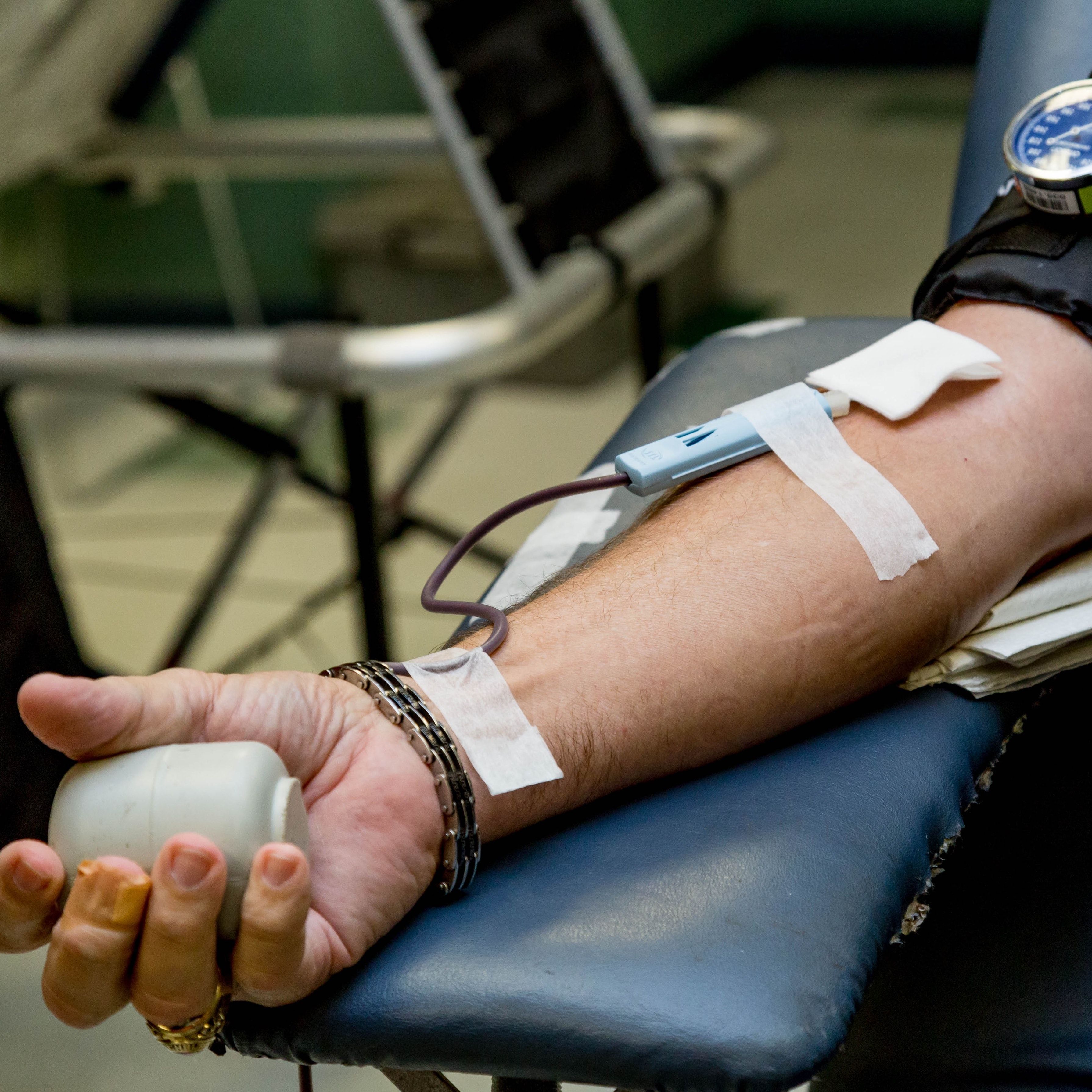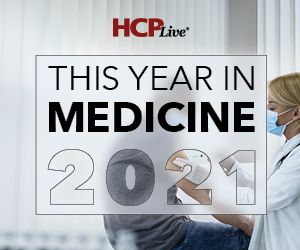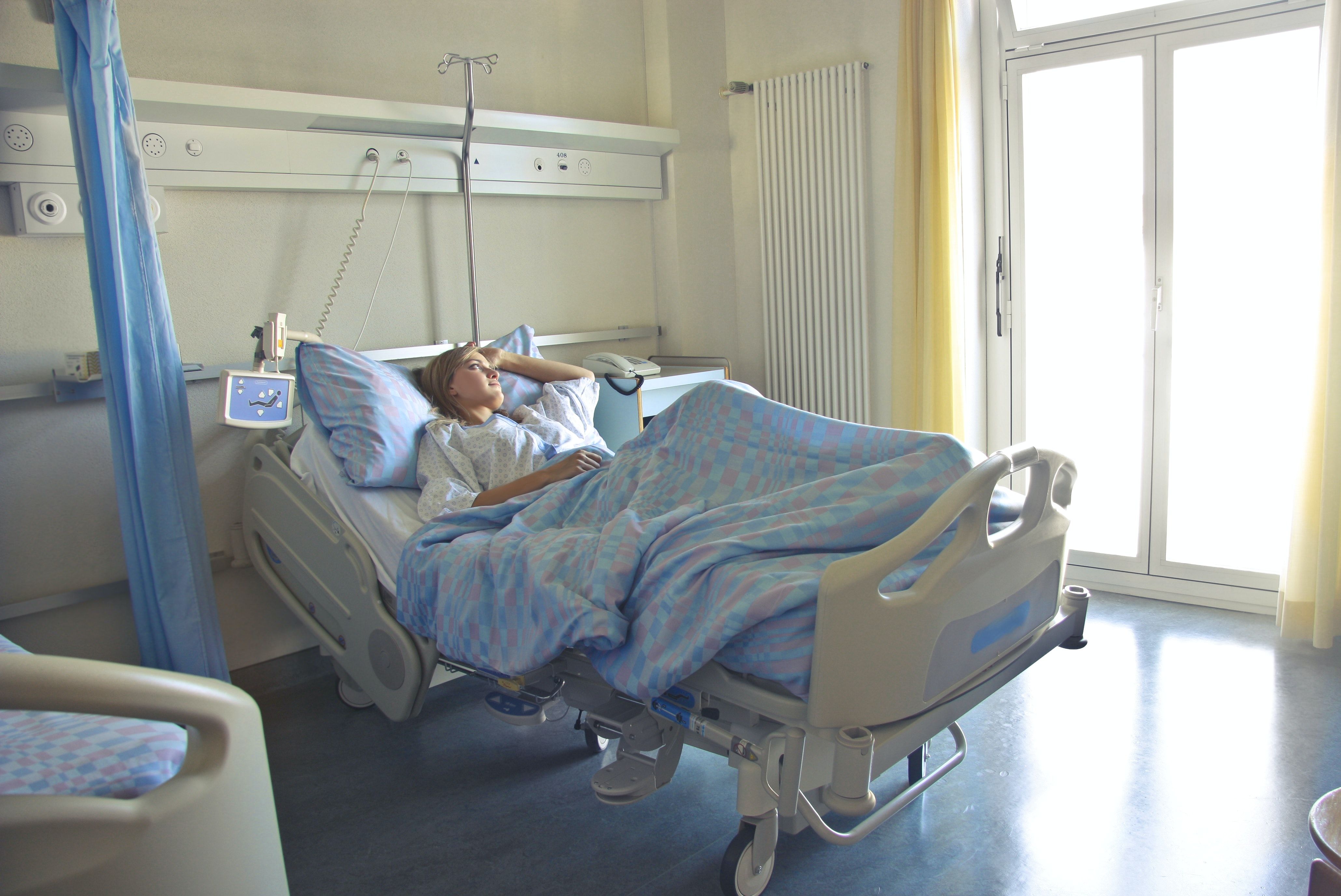Article
Re-engineered T Cells Show Promise in Fighting HIV
Author(s):
An attempt to re-engineer T cells to fight HIV, shows promise to warrant new clinical trials.
James L. Riley, PhD, associate professor in the Department of Microbiology at Perelman

James Riley, PhD
New research renewed the hope that scientists may be able to re-engineer cells in a patient’s immune system to fight HIV.
Researchers from the Perelman School of Medicine at the University of Pennsylvania say they have developed a synthetic protein that protected T cells in mice from attack and depletion from HIV. The proteins also delayed the virus’ rebound after antiretroviral therapy was stopped in the mice.
The proteins, called chimeric antigen receptors (CARs), are designed to fight specific diseases (in this case, HIV). The technique involves taking a patient’s blood sample and then re-engineering the T cells in a lab to express disease-specific CARs. The blood is then infused back into the patient.
The technique has already proven successful in helping T cells fend off some types of cancer. However, when the method was previously tried against HIV, it failed in clinical trials.
In the new study, researchers utilized new advancements in CAR engineering in hopes they could succeed where the previous attempt had failed — and so far, the results have been good.
James L. Riley, PhD, associate professor in the Department of Microbiology at Perelman, said his previous work in cancer-fighting CAR T cells gave him reason to think CAR therapy was worth another shot in HIV.
“Having played a role in developing the vector that is being used in the recently FDA approved CART19 (KYMRIAH), I was aware how making simple modifications such as changing the promoter that drove the expression of the CAR or altering the transmembrane domain can dramatically alter the in vivo function of T cells expressing these CAR constructs,” Riley told MD Magazine. “We simply asked if making similar changes to the previously tested CD4 CAR would also result in improved immune activity.”
Though he was optimistic about the potential, Riley said he was surprised at just how effective the new protein was.
“We saw between a 50-100 fold improvement compared to T cells expressing the original CD4 CAR vector and this got us excited to revisit CD4 CAR therapy in the clinic,” he said.
As he pushes to study the therapy in clinical trials, Riley said a key question they’ll need to answer is how the therapy works alongside antiretroviral therapy (ART). He plans to study the question utilizing 2 clinical trial cohorts: 1 in which patients will be given the CAR T cell infusion and then cease antiretroviral therapy soon after; and 1 in which patients will stay on ART for approximately 8 weeks after being infused with CAR T cells.
In the former, the aim is to determine whether a therapy can destroy infected T cells in the absence of ART. In the latter, the goal will be to find out if the re-engineered cells “can remove HIV Envelope positive T cells in the presence of ART and if so, does this result in greater control of HIV replication after ART is removed compared to individuals treated in the first cohort?” Riley said.
In the long term, Riley said he hopes the CAR treatment can work in the absence of ART, though that remains to be seen.
The study is titled, “Supraphysiologic control over HIV-1 replication mediated by CD8 T cells expressing a re-engineered CD4-based chimeric antigen receptor.” It was published last month in PLOS Pathogens.
Related Coverage
Study: Neutralizing Antibodies May Harm Babies of HIV-Positive Mothers
HIV Discovered Hiding in Overlooked Memory T Cells
Once Daily Single-Tablet HIV-1 Therapy Achieves Primary Endpoint





